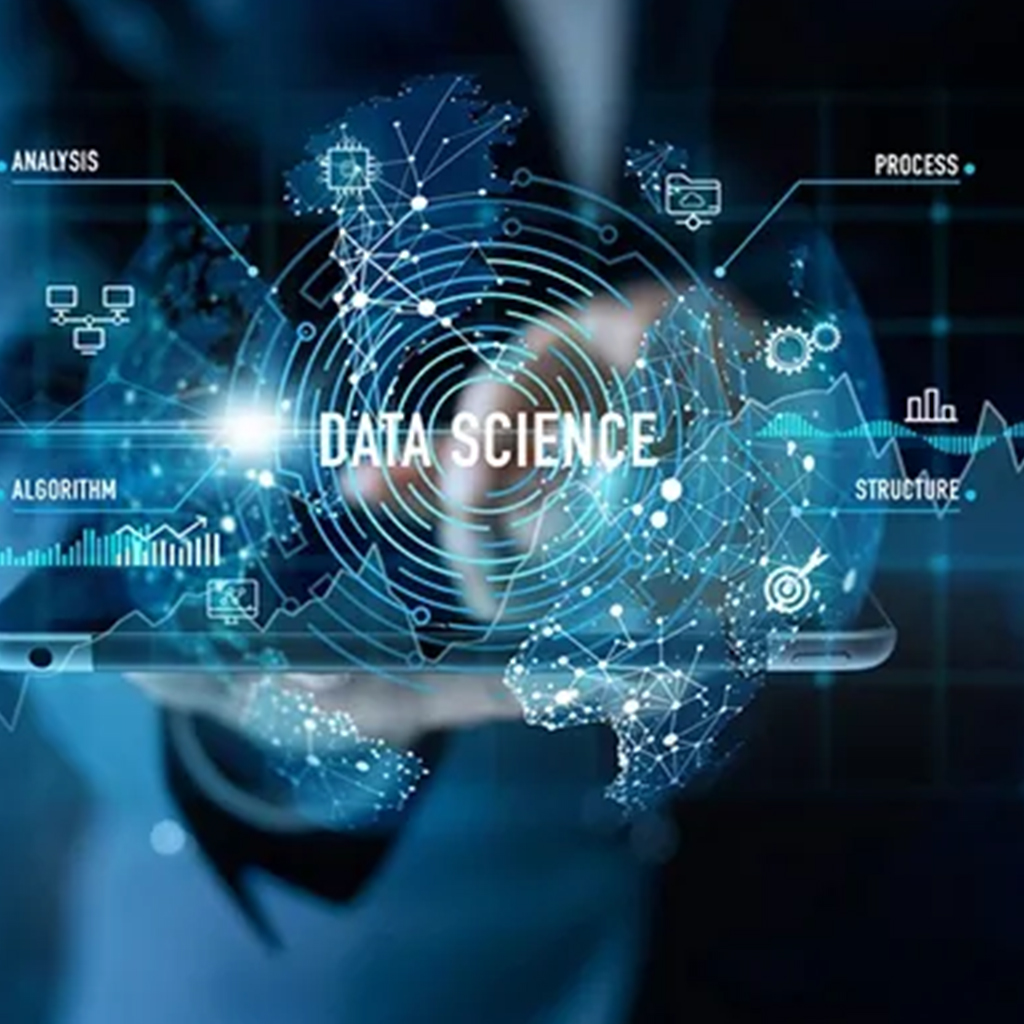Video description: This banner video showcases highlights of the campus environment, including students engaging in various activities. Titles on the video include:
Welcome to Fei Tian College,
where a PERSONAL TOUCH greets each student, and TECHNOLOGY meets TRADITION;
where STARS are born and the MIND and BODY are ENRICHED;
where we LEARN from the PAST to CREATE the FUTURE.
Undergraduate Programs
Develop a versatile skill set—choose from a personalized selection of arts courses and gain a solid foundation in business management.
A program that takes gifted dancers to the next level, with world-class faculty and facilities.
Hone and perfect your artistry with conservatory-style training in classical ballet and classical Chinese dance.
Expert guidance and robust training in the visual arts—prepare for a career in graphic design, art creation, or creative direction.
Pursue studies in set design, lighting, digital media, stage management, and more, while learning from experienced faculty.
Fei Tian’s unique curriculum prepares you to perform the classical music of both East and West, giving you a variety of career options.
Healthcare expertise allows you to positively impact others’ lives. Flexible curriculum and great internships.
Get ready for careers in safeguarding digital infrastructures and addressing contemporary cybersecurity challenges by gaining a comprehensive understanding of networking principles, security protocols, and cyber defense strategies.
Be well prepared to dive into the advancement of technology and to address complex challenges in various industries by gaining a comprehensive understanding of computer science principles, methodologies, and technologies through this program.
Learn the principles and practice of data collection, analysis, and visualization for a wide range of applications needed in today’s job market.
Develop a deep appreciation for critical thinking, communication skills, and applying statistical methods in careers as statisticians, data analysts, and research analysts.
Learn the principles and practice of data collection, analysis, and visualization for a wide range of applications needed in today’s job market.
Graduate Programs
An MFA in classical Chinese dance from Fei Tian will position you among the world’s best.
Deepen and expand your knowledge and skills in dance creation, analysis, pedagogy, and performance as you prepare for a top position.
Develop a deep understanding of aesthetics that will help you consider the potential greater purposes and effects of your creations.
For the serious performer of classical music, this program sets the stage for a lifetime of musical endeavors.
Advance your career with this interdisciplinary field that will help you develop the expertise in designing and conducting clinical trials with biological and health-related data with advanced statistical techniques and tools.
Advance your career with this interdisciplinary field that combines applied math, statistics, and computer science with machine learning and AI.
Expand your knowledge through this interdisciplinary field that combines quantum mechanics, computer science, and mathematics with machine learning and AI.
Gain a solid foundation in the mathematical and statistical concepts necessary for data analysis, as well as hands-on experience with Python programming, data analysis, and visualization tools.
Develop a solid understanding of the basic principles and applications of quantum computing, and be well-prepared for careers in a wide range of industries, as well as for further studies in advanced programs in quantum computing and related fields.





















